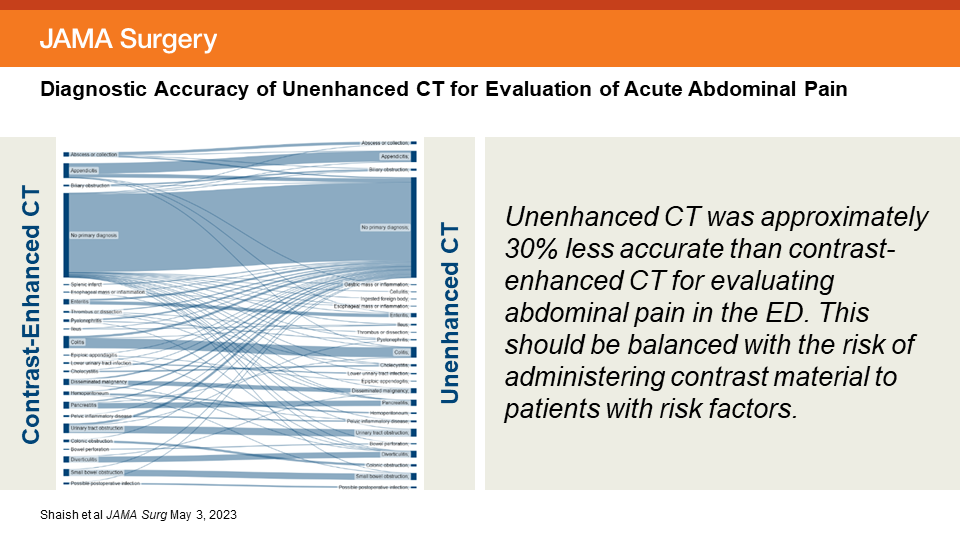2015 ACR "current thinking" which didn't change recommendations but was saying in no unclear terms that they have tried to show any evidence of contrast induced nephropathy existing and simply cannot prove that it is a phenomenon in the setting of a contrast enhanced CT.
2017 annals weighing in, in no uncertain terms, that it is not a thing. "Intravenous contrast media (typically iohexol or iodixanol) used in computed tomography (CT) does not appear to be associated with chronic kidney disease, dialysis, kidney transplant or acute kidney injury, despite long-held fears to the contrary."
2020, and current, ACR recommendations which state that the risks are "difficult to assess" (in their abstract) but then has data and analysis which state that it's been shown only in anecdote and in poorly designed study and never in any well designed study. Regardless, the recommendation is to never withhold contrast based on the renal function, only to adjust what you do in the aftermath of the contrast bolus based on the renal function.
I'd post more studies, but let's be honest, if thats the current stance from annals (can't find anything newer) and the consensus statement from ACR any research from the two fields that I think is relevant is going to be one of the references in those two articles
I'm going out on a limb and I could be 100% wrong, but aren't the contrast mediums in CT studies and in coronary angiography completely different? If I'm not incorrect, and they are different, that probably has a lot more to do with it. Also the volumes are different as well (that part I know).
The 2020 ACR recommendations are basically that the only reason to get a creatinine is to decide who needs optional fluid bolus after the CT. That's about 90% of the way to saying that creatinine doesn't need to be drawn at all.


